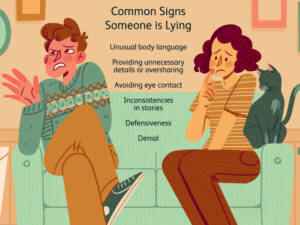Ever met someone who just doesn’t seem to get social cues? They talk too long, interrupt at the wrong times, or miss the point of a conversation. This may not be a lack of empathy—it could be what I call low anticipatoriocity: the inability to predict how words or actions will be received.
What is Low Anticipatoriocity?
Unlike alexithymia, where emotions are hard to identify, low anticipatoriocity affects social prediction—the ability to foresee how a conversation or behavior will be received.
How This Shows Up in Communication
- Misreading Social Cues – They may not notice when someone is disengaged or uncomfortable.
- Talking Too Much or Too Little – Struggling to adjust based on listener feedback.
- Accidentally Saying the Wrong Thing – Lacking the “pause” to reflect on how words may land.
How to Help Someone with Low Anticipatoriocity
- Give Gentle Feedback – If they miss a cue, privately explain what happened.
- Be Clear About Social Expectations – Instead of assuming they “should know,” provide direct guidance.
- Encourage Self-Reflection – Help them ask, “How might my words/actions be received?”
Not everyone is born with strong social intuition—but social prediction can be improved with practice!
Need Help Navigating Social Situations?
If you or someone you care about struggles with reading social cues, coaching can help build awareness and communication skills. Let’s work on it together! Schedule a free consultation here.


